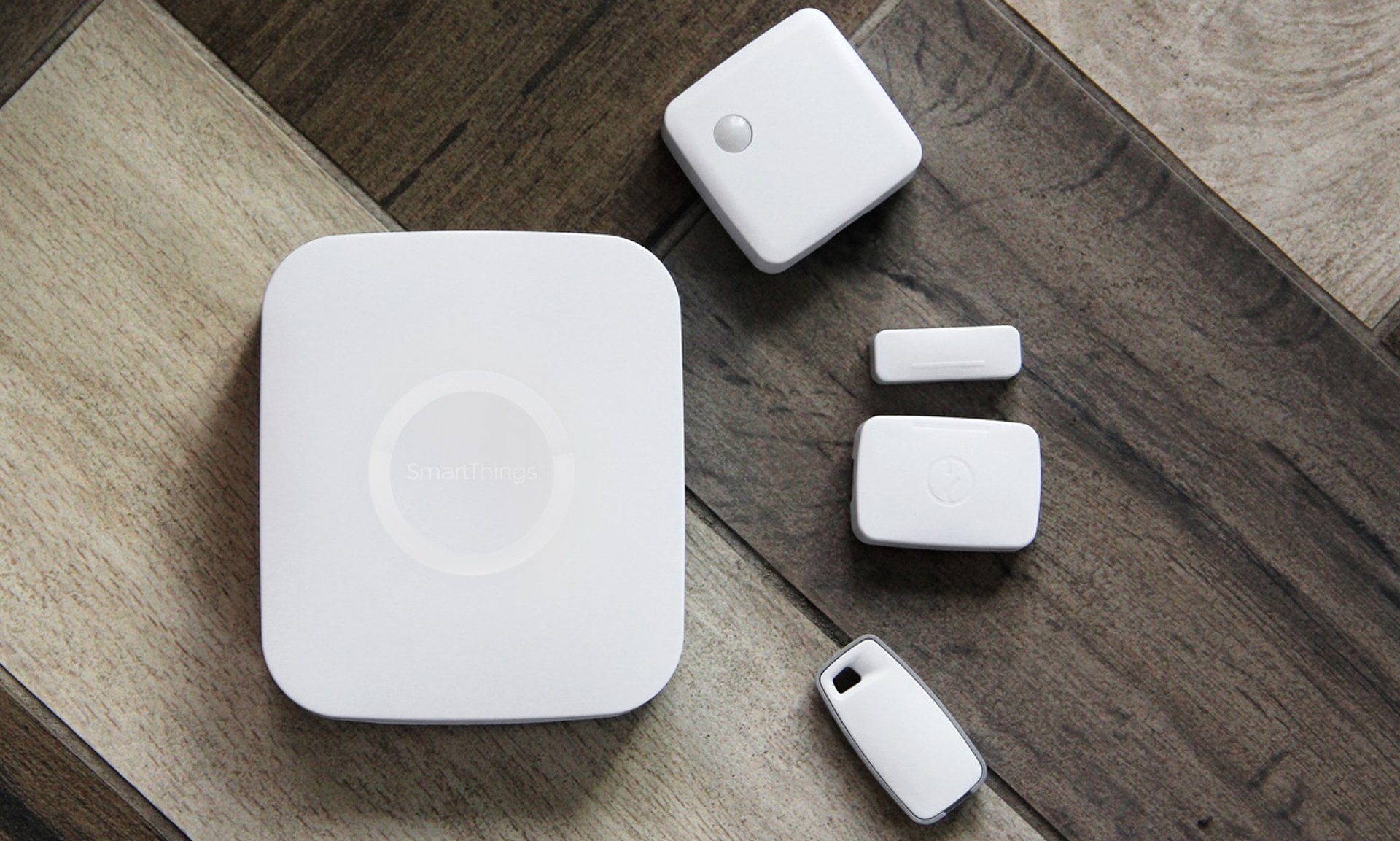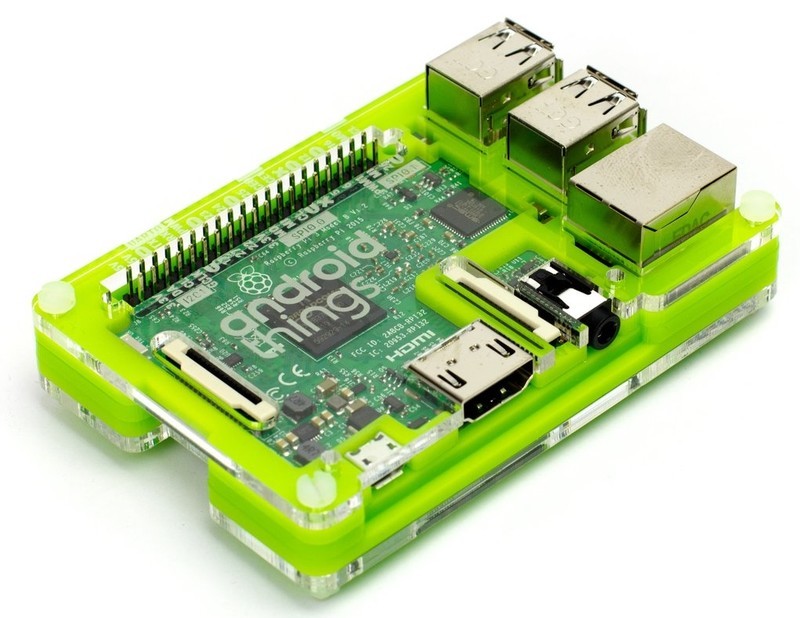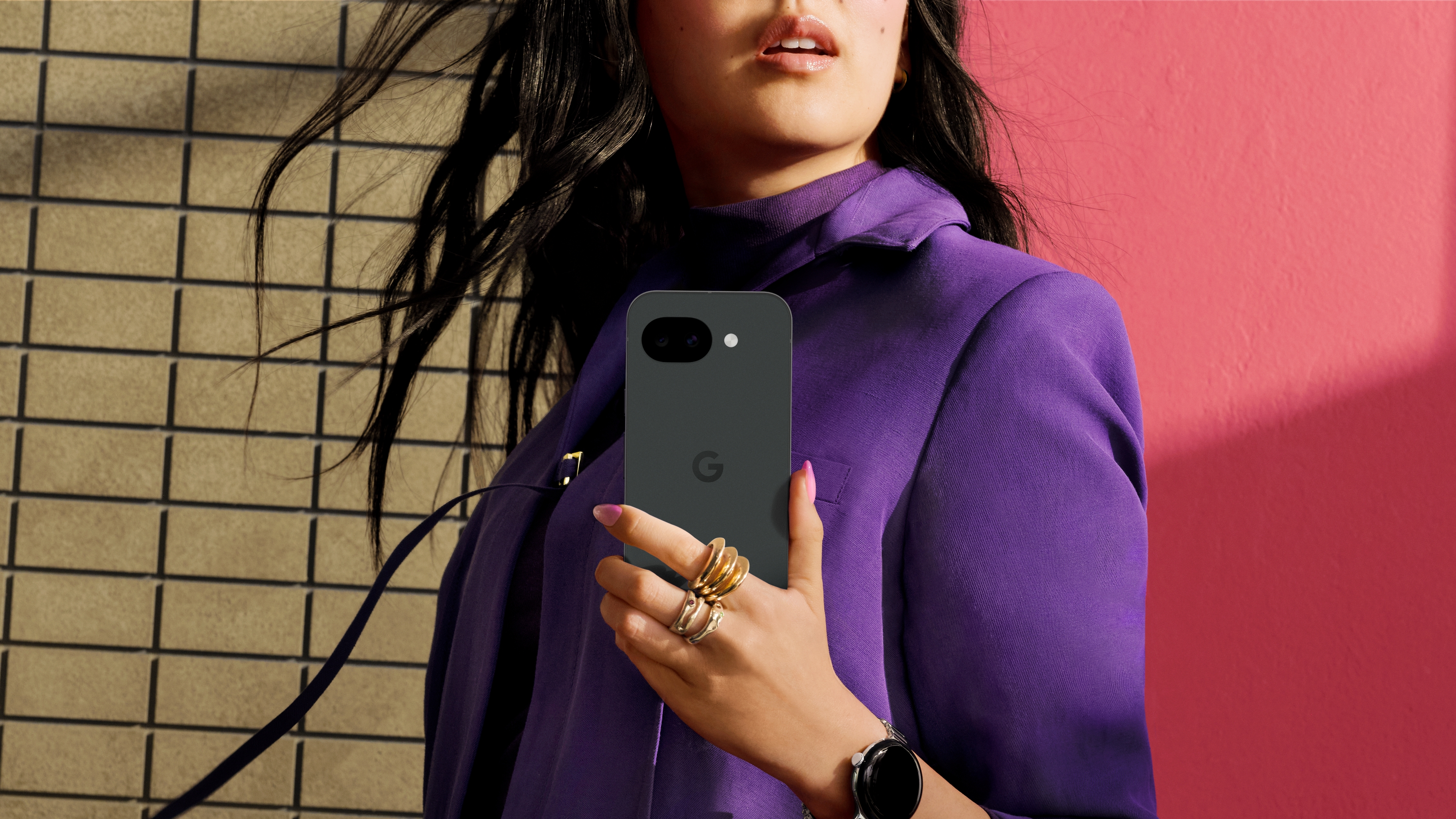Android Things is the smart home's saving grace and it can't come soon enough

Get the latest news from Android Central, your trusted companion in the world of Android
You are now subscribed
Your newsletter sign-up was successful
In an article gushing over my Logitech Harmony remote I mentioned that I had a horrible mish-mash of smart "stuff" in my house and tying it all together was a pain. That prompted a conversation where someone reached out to me with a really great question that I had a tough time answering: Where should I start if I want to build my own smart home?
What makes it tough is that there is just so much of everything out there that claims to be smart or work with smart things. The manufacturers, of course, tell us that their products are the best at what they're supposed to do. When shopping around for things like smart hubs or controllers it's common to see two competing products beside each other and both of them claiming they are the best. And best is a tough thing to define because something could be the best in one way and not another.
The conversation was both memorable and enlightening because in the end, you had two guys scouring the internet and comparing a mother lode of smart stuff trying to determine where someone should get started. I instantly typed HomeKit into Google search, thinking it would be the easy way out, and was quickly disappointed. I was sure that Apple would have an all-encompassing (yet initially expensive) pool of the right hardware and software to make the smart home of your dreams easy to set up and secure out of the box. But Apple is still in the learning stages when it comes to smart things, too. You'll find plenty of things that work with HomeKit, but no single master HomeKit "starter pack" to buy.
Building a cohesive smart home is either difficult or expensive. And sometimes both.
Eventually, we came to the same two conclusions: you'll have to be a bit of a geek to go beyond something simple, and you should start with SmartThings. That's because SmartThings supports the right communications standards (Z-Wave and ZigBee) and has a great online community that can usually get the things which don't work out of the box up and running.
We also both agreed on one other thing — Android Things can't come soon enough.
Not because Android Things will be better or more secure (that'd be HomeKit which is why I went to Apple first) but because it will be free and easy to adapt. Existing smart products aren't going to go away. A company like Lutron isn't going to change anything or ditch their Caseta hub in favor of an Android Things solution, for example, but it wouldn't be hard for a company to build an interface that can bridge them seamlessly. Some existing products that are already sort of a universal hub, like the previously mentioned SmartThings, will also be able to integrate seamlessly. The adaptability of Android Things is a big deal for consumers who don't want to spend a boatload of cash.

Because Android Things is free to use, a lot of companies just getting started — even ones making things we never imagined could be smart — will use it. This is why Google is doing it in the first place: it knows that making it easy to adapt and free to use it will be adopted by companies big and small, and that gets Google in more and more living rooms.
Get the latest news from Android Central, your trusted companion in the world of Android
Google will use Android Things to get in your living room the same way it used Android to get in your pocket.
Maybe the best part of Android Things is how we will interact with it all. No normal person should have to care about protocols or sequencing or any other geek factor when they want to upgrade to something like a smart door lock or smoke alarm. How it communicates with other smart devices to do its thing isn't important to the end user, only that it works and is easy to operate. Google Assistant instantly comes to mind, and I can soon see myself saying, "Do I need to buy eggs?" to my phone and having my smart refrigerator answer. But that's not the cool part — a web interface is.
And I don't mean pulling out your phone or laptop to turn on the downstairs lights here. I mean that a proper web interface that can be made to run on a small controller or a display on an appliance or anywhere, and as long as it's connected to a cheap Android Things-compatible hub you can take control of all your smart stuff. You can already do this with several existing smart hubs (like SmartThings; see the Android TV app) but if I'm right about the adoption of Android Things being huge, look for someone, somewhere to build the best user input/user interface device ever.
Best of all, Android Things will let the little guy have access to the same software as the big guys do. Little guys often do really cool things.
I like to tinker with stuff and am looking forward to seeing if I can adapt Android Things to replace my clunky home-built Python controllers for things like my aquarium lights or mailbox alert. I'll bet I can. And if I can, imagine what someone more serious about IoT development can do. I'm pretty pumped about Android Things now that we know a bit more about it and can't wait to see if I'm right or if it will be just another Google also-ran.

Jerry is an amateur woodworker and struggling shade tree mechanic. There's nothing he can't take apart, but many things he can't reassemble. You'll find him writing and speaking his loud opinion on Android Central and occasionally on Threads.
